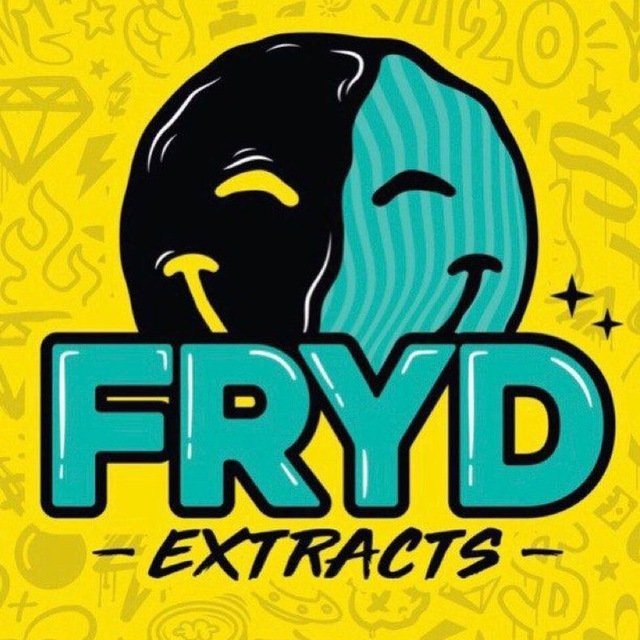Debunking the Myths: Is Delta-8 THC Unhealthy?
Delta-8 THC has gained significant attention in the cannabis industry, sparking curiosity and debate among consumers. As with any new cannabis derivative, concerns arise regarding its safety and potential health effects. In this article, we will delve into the subject and explore the truth behind the question: Is Delta-8 THC unhealthy?
Understanding Delta-8 THC: Delta-8 THC is a minor cannabinoid found in cannabis plants. It shares similarities with Delta-9 THC, the well-known psychoactive compound responsible for the euphoric effects of cannabis. However, Delta-8 THC exhibits a milder psychoactive profile, often described as providing a more relaxed and less intense experience.
- Potential Health Benefits: Like other cannabinoids, Delta-8 THC may offer potential health benefits. While research on Delta-8 THC is still limited, preliminary studies suggest it may possess antiemetic properties (helping with nausea and vomiting), analgesic effects (relieving pain), and anxiolytic properties (reducing anxiety). However, further research is needed to fully understand its therapeutic potential.
- Safety Considerations: Delta-8 THC derived from legal hemp sources is generally considered safe. However, it’s crucial to note that the safety and quality of Delta-8 THC products depend on various factors:a. Source and Manufacturing: The safety and quality of Delta-8 THC products heavily rely on the source of the hemp and the manufacturing processes. It’s important to choose products from reputable companies that follow strict quality control measures and use safe extraction methods.b. Third-Party Testing: Reputable Delta-8 THC brands provide third-party lab test results to verify the purity, potency, and absence of harmful contaminants. Consumers should look for products that have been tested for pesticides, heavy metals, residual solvents, and microbiological contaminants.
- Potential Side Effects: While Delta-8 THC is generally well-tolerated, it may still produce side effects similar to Delta-9 THC. These side effects may include dry mouth, red eyes, increased heart rate, dizziness, and temporary impairment of cognitive function. Individual responses to Delta-8 THC can vary, and it’s advisable to start with low doses and monitor your body’s reaction.
- Legal Considerations: The legal status of Delta-8 THC varies by jurisdiction. In some regions, it is explicitly regulated and classified as a controlled substance. It’s essential to understand the specific laws and regulations in your location before purchasing or using Delta-8 THC products.
- Responsible Use: As with any cannabis product, responsible use is key. It is recommended to use Delta-8 THC products in moderation and avoid excessive consumption. Consulting with a healthcare professional can provide personalized guidance based on your specific health circumstances.
Conclusion: The question of whether Delta-8 THC is unhealthy requires a balanced perspective. While there is still ongoing research to fully understand its effects, Delta-8 THC derived from reputable sources and used responsibly is generally considered safe. As a consumer, it is crucial to prioritize product quality, adhere to recommended dosages, and stay informed about the legal and regulatory landscape in your area. By exercising caution and making informed choices, you can navigate the world of Delta-8 THC with confidence.
